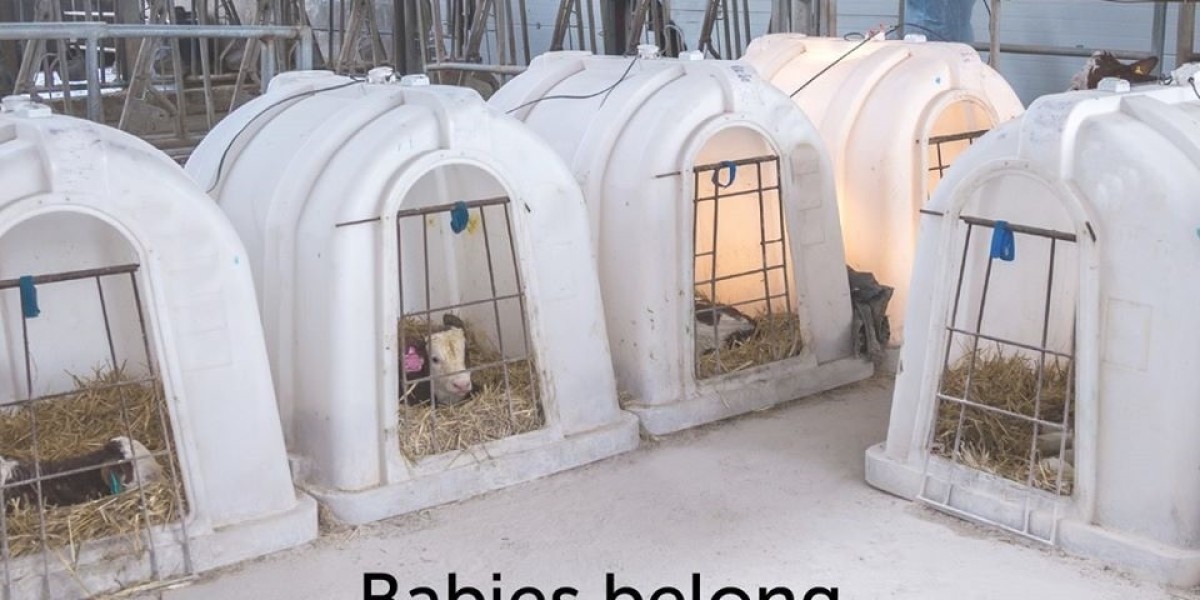Factory farming has become a cornerstone of modern agriculture, enabling the mass production of meat, dairy, and eggs to meet the demands of a growing population. However, factory farming cruelty has increasingly come under scrutiny, revealing the harsh realities behind this industrialized process. The term itself refers to the inhumane treatment and living conditions of animals raised in factory farms, where the primary focus is on maximizing efficiency and profit rather than ensuring animal welfare.
At the heart of factory farming cruelty is the confinement of animals in extremely crowded and often filthy conditions. Chickens, pigs, and cows are typically kept in cages or pens so small that they can barely move, let alone engage in natural behaviors. This confinement leads to severe physical and psychological distress. For instance, egg-laying hens are frequently housed in battery cages, which are so cramped that they cannot spread their wings. Similarly, pigs are kept in gestation crates that restrict their movement, causing immense suffering.
Another significant aspect of factory farming cruelty is the routine use of painful procedures without anesthesia. To prevent injuries caused by stress-induced behaviors, animals often undergo procedures such as debeaking, tail docking, and castration. These practices are performed to make the animals easier to manage in crowded conditions, but they inflict considerable pain and suffering.
Moreover, the rapid growth and unnatural living conditions in factory farms contribute to numerous health problems for the animals. Broiler chickens, bred to grow unnaturally fast, often suffer from skeletal deformities and heart issues due to their excessive body weight. Dairy cows, pushed to produce large quantities of milk, are prone to udder infections and lameness. The emphasis on productivity over animal health leads to a shortened and painful existence for these creatures.
The environmental impact of factory farming further compounds the issue of cruelty. The excessive waste generated by large numbers of animals in confined spaces often leads to pollution of water, air, and soil. This not only harms local ecosystems but also contributes to the suffering of animals living in these polluted environments.
Public awareness of factory farming cruelty has grown in recent years, thanks in part to undercover investigations and documentaries exposing the harsh realities of this industry. Animal rights organizations have been pivotal in bringing these issues to light, advocating for better welfare standards and pushing for legislative changes. As a result, there is a growing consumer movement towards more humane and sustainable farming practices. People are increasingly seeking out products labeled as free-range, organic, or pasture-raised, which promise better living conditions for animals.
In conclusion, factory farming cruelty is a deeply entrenched problem within the modern agricultural system. The inhumane treatment of animals, coupled with the environmental damage caused by these practices, calls for urgent reforms. By supporting more ethical farming methods and raising awareness about the realities of factory farming, consumers can help drive change towards a more compassionate and sustainable future.
https://factoryfarmingcruelty1.theisblog.com/27364410/the-grim-reality-of-live-export-suffering
https://factoryfarmingcruelty1.blogpayz.com/27222884/the-alarming-truth-behind-live-export-suffering



